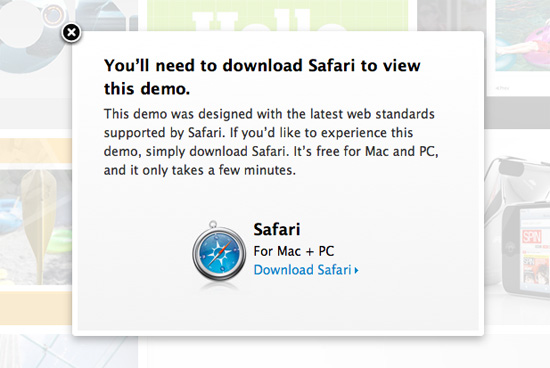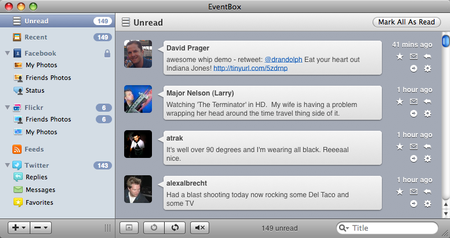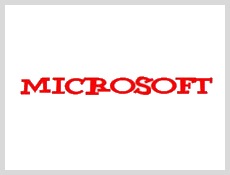
Apple has been catching a lot of flack for it’s HTML5 Showcase page it recently put up on its website. And for good reason! The problem with the site is that it purports to be a page intended to
show how the latest version of Apple’s Safari web browser, new Macs, and new Apple mobile devices all support the capabilities of HTML5, CSS3, and JavaScript.
So what’s the problem? You can only view the demos with Safari. If you’re using Firefox, Chrome, or Opera – all modern browsers that support HTML5 – you get the error message shown in the image above. The fact that Apple is browser sniffing and excluding products that are all capable of displaying the content on those demo pages is troublesome.
Christopher Blizzard of Mozilla summarizes the issue and what’s really important in this way,
The most important aspect of HTML5 isn’t the new stuff like video and canvas (which Safari and Firefox have both been shipping for years) it’s actually the honest-to-god promise of interoperability. Even stodgy old Microsoft, who has been doing their best to hold back the web for nearly a decade, understands this and you’ll see it throughout their marketing for IE9. (Their marketing phrase is “same markup” – watch for it and you’ll see it everywhere in their messaging.) The idea that the same markup, even with mistakes, will be rendered exactly the same. HTML5 represents the chance for browsers to work together and find common ground.
It really sucks that Apple thinks it can push the market around like this, but it’s great to see that people aren’t going to take it.

 For a while now, my opinion of Google has been declining. There isn’t really one big event that has caused this, but I guess it is the compilation of the following:
For a while now, my opinion of Google has been declining. There isn’t really one big event that has caused this, but I guess it is the compilation of the following: